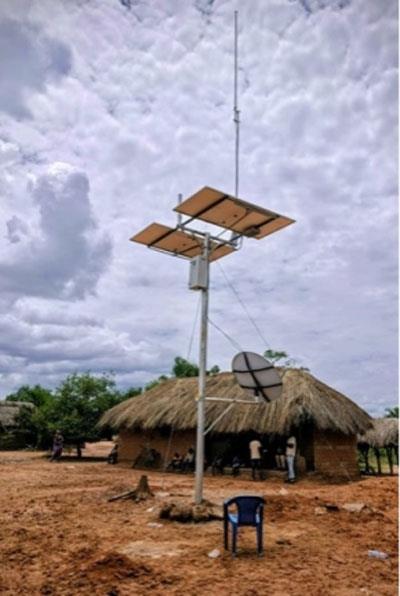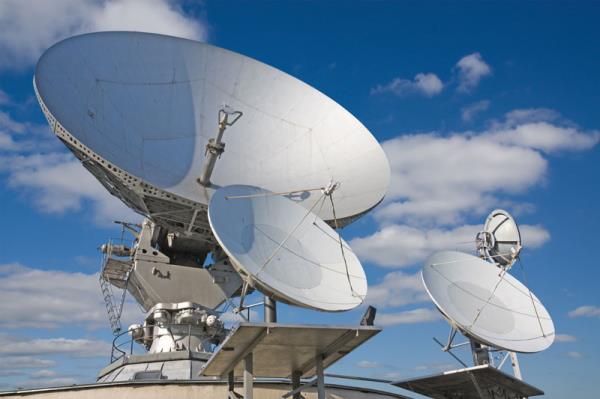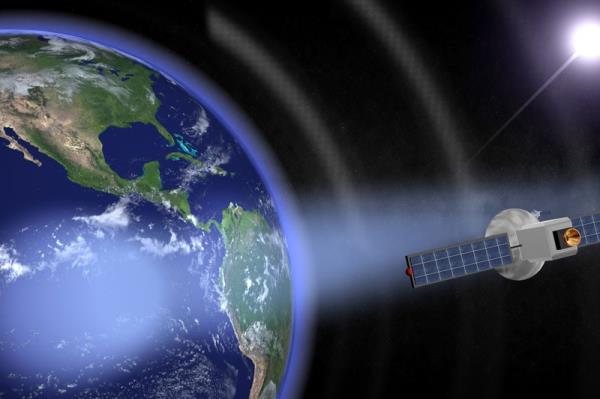28 February 2026

SES Satellites and Africa Mobile Network (AMN) have expanded connectivity infrastructure across the Democratic Republic of Congo (DRC), now supporting more than 1,100 base stations and increasing population coverage by 27%, bringing mobile network access within reach for more people, many in rural communities.
There is a clear demand for connectivity across the region, a direct result of the mission to bring rural DRC online. For AMN and SES, that’s not just a percentage, it represents millions of people accessing mobile network services for the very first time.
Find out more27 February 2026

Located between Cameroon and South Sudan, the Central African Republic (CAR) is a country with a rich culture and natural beauty. However, providing reliable broadband communications and Internet connectivity throughout this landlocked country, and between the CAR and the rest of the world, has been challenging for the country’s social and economic development.
Prior to 2017, Orange CAR, one of the largest communications providers serving the CAR, found that delivering reliable services to its customers was problematic. At that time, 2G and 3G mobile services were the norm in the country, and 4G had not yet been deployed. Approximately 2 million residents – just 38% of the population – had mobile service, with 3G penetration accounting for about 60%, with 2G serving the remainder. Only a small fraction – 11% or approximately 600,000 residents – had Internet access, with an average download speed of 22.55Mbps on fixed connections. Orange CAR was able to address these problems and accelerate the deployment of services to the CAR by making use of SES’s multi-orbit network of MEO and GEO satellites.
Find out more
13 February 2026

Eutelsat and unconnected.org, a global non-profit organisation focused on delivering "Meaningful Internet For All", have entered into a partnership to expand access to community Wi-Fi across Africa leveraging Eutelsat's EUTELSAT KONNECT high-throughput satellite.
The partnership will launch in Tanzania, where unconnected.org will introduce the KONNECT community Wi-Fi service to local partners, including ISPs, NGOs, system integrators, and government stakeholders through a commercial model designed to accelerate return on investment, expand digital access in underserved and hard to reach places, and support long-term delivery.
Find out more02 February 2026

Nigeria is fast-tracking its digital infrastructure development through a dual approach: expanding a nationwide fibre-optic network and acquiring two new communication satellites. The federal government announced these initiatives during a press briefing in Abuja, led by Bosun Tijani, Minister of Communications, Innovation, and Digital Economy, in commemoration of Global Privacy Day 2026.
The fibre-optic backbone, expected to span 90,000 kilometres, is nearly 60% complete. This extensive network aims to boost high-capacity broadband access across Nigeria, reduce internet costs, and enhance service quality for businesses, government agencies, and households. Tijani highlighted that the fibre rollout is central to Nigeria’s broader digital economy strategy, providing the critical physical infrastructure needed to support e-government services, digital financial inclusion, innovation hubs, and private sector growth.
Find out more






